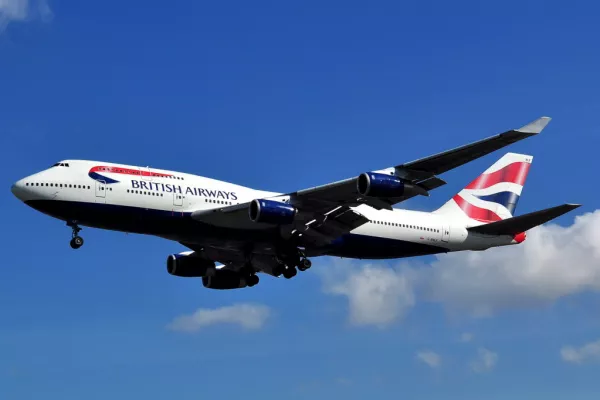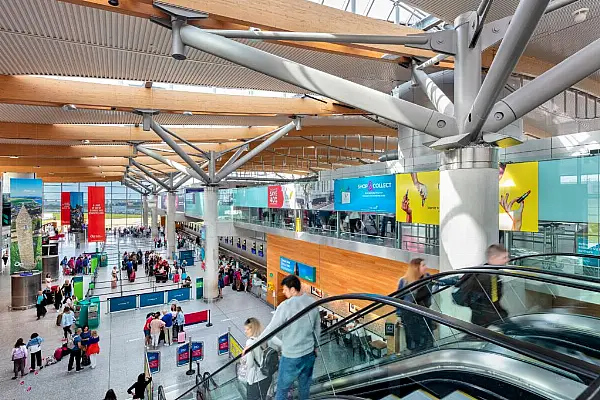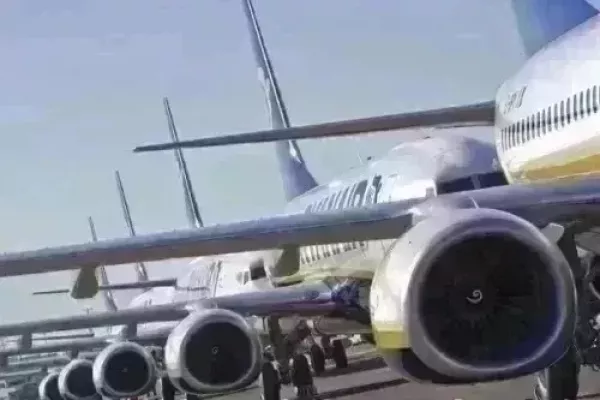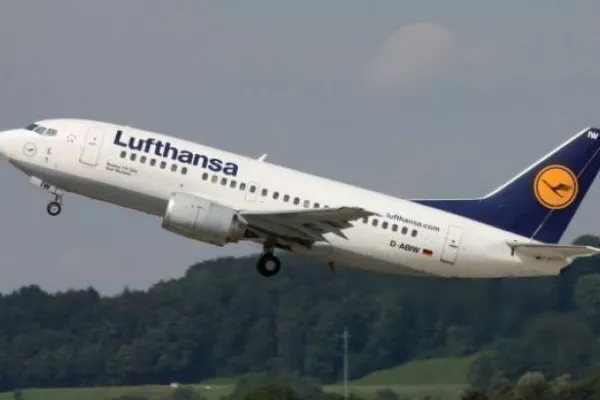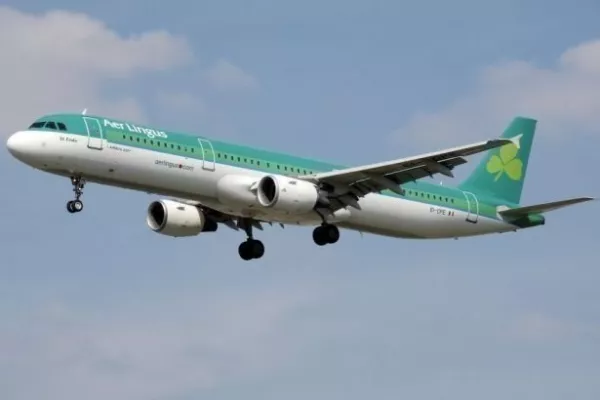British Airways (BA), the world's largest operator of Boeing 747s, will retire its entire jumbo jet fleet with immediate effect.
For over 50 years, Boeing's "Queen of the Skies" has been the world's most easily recognised jetliner with its humped fuselage and four engines. But its days were already numbered before the coronavirus pandemic struck earlier this year.
BA had been planning to retire the aircraft in 2024, but with passenger numbers decimated this year due to the COVID-19 crisis, and experts forecasting it will be years before they recover, the airline said that it is unlikely that its 747s will operate commercially again.
"It is with great sadness that we can confirm we are proposing to retire our entire 747 fleet with immediate effect," BA said in a statement.
The 747 democratised global air travel in the 1970s, but fell behind modern twin-engine aircraft and now trails newer planes in fuel efficiency, making it expensive to run.
BA's predecessor airline, BOAC, first introduced the 747 on the London-New York route in 1971 after a one-year delay caused by a dispute with pilots over the terms for flying the new jet.
Hugh Dibley, a former BOAC captain and racing driver who joined the airline in 1958, said that the 747's introduction marked a new era, but was beset with teething problems with its engines.
Landing and taxiing also took some getting used to, from a cockpit positioned almost 30 feet above the ground, or more when angling the nose higher just before touching the runway.
"It was a delight to fly as it was so stable. The initial issue was its height from the ground. It was like landing a block of flats from the 2nd floor," Dibley told Reuters.
BA's jumbos are the 747-400 model, the most-sold version of the jet which was introduced in 1989. After BA, only a handful of airlines including Rossiya Airlines and Air China continue to operate them, according to Cirium data.
A newer version, the 747-8, was designed to refresh the brand and counter Airbus's A380, but has mainly prospered as a freighter and Boeing is soon expected to follow Airbus in announcing a halt to production of such four-engined behemoths.
Battle For Survival
The end of the runway for BA's jumbo fleet comes as the company, owned by IAG, faces a battle for survival because of the coronavirus pandemic.
Just as its introduction at BA was marred by labour uncertainty, its retirement almost five decades later comes as BA plans to cut up to 12,000 jobs, or 28% of its workforce, to prepare for a slump in air travel.
News by Reuters, edited by Hospitality Ireland. Click subscribe to sign up for the Hospitality Ireland print edition.
